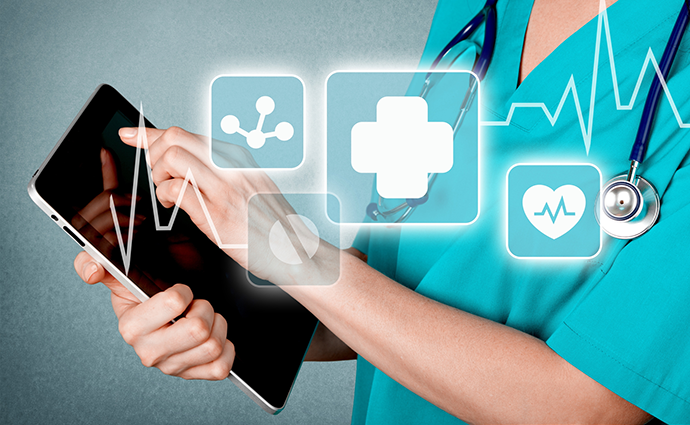Using Remote Patient Monitoring to Improve Diabetes Care Management
The University of Mississippi Medical Center has partnered with a federally qualified health center to increase access to diabetes care management through a remote patient monitoring program.

Source: Getty Images
- The University of Mississippi Medical Center (UMMC) is employing remote patient monitoring to increase patient access to diabetes care management and improve health outcomes.
UMMC, one of the country’s two National Telehealth Centers of Excellence, has partnered with federally qualified health center North Mississippi Primary Health Care (NMPHC) to increase access to diabetes care through the RPM program.
The health system’s goal is to reach at least 1,000 patients across eight cities in the state, including Ashland, Booneville, Corinth, New Albany, Oxford, Ripley, Tishomingo, and Walnut.
UMMC’s Center for Telehealth provides mobile-optimized tablets to individuals who enroll in the remote patient monitoring program. Patients use the tablets to report their glucose levels, allowing UMMC providers to access the information through the patient’s EHR. If the glucose levels are high or if there is a sudden increase, the providers will call the patient to follow up and offer further care recommendations.
“[The providers] work to empower and encourage patients to make better lifestyle choices, which can improve their diabetes mellitus and prevent life-altering complications,” Tanya Tucker, a nurse manager of clinical operations at UMMC’s Center for Telehealth, stated in the press release.
Provider intervention as a result of the RPM program can help patients avoid strokes, heart attacks, kidney disease and failure, and eye disease.
Reporting blood sugar levels through the tablet can also help UMMC providers coordinate care with patients’ local providers, the press release noted.
In addition to responding to increased glucose levels, the providers educate patients about how to prioritize their health by emphasizing the importance of receiving regular preventive care, eating healthy, and getting enough exercise.
The RPM offering helped one user go from a blood sugar level of 330 to a level in the 100s, aligning with UMMC’s goal of patients achieving a glucose level of 140 or less, according to the press release.
The remote patient monitoring program is helping a community that perhaps needs it the most, the announcement continued.
More than 13.6 percent of Mississippi’s population is living with diabetes, ranking it as number one in the nation for diabetes prevalence. NMPHC serves more than 16,000 Mississippians, 14.6 of which are diabetic.
“A lot of our patients are low income, and quite a few are uninsured,” Christina Nunnally, chief quality officer of NMPHC and family nurse practitioner, said in the press release. “About 25 percent of the patients we’ve seen this year are diabetic.”
The majority of the diabetic patients that NMPHC has served do not have blood sugar tests on file with the center, or their A1C levels are high. The RPM technology offers a more convenient way for providers to monitor glucose levels and respond accordingly.
The program can also benefit patients who delay care due to barriers such as distance or lack of transportation.
“There are many barriers for diabetes management,” Vishnu Garla, MD, endocrinologist and assistant professor in UMMC’s Department of Medicine, stated in the press release. “We have patients coming from two or three hours away to UMMC, and that’s not feasible.
The RPM technology eliminates the need for regular in-person visits and allows providers to intervene by tracking the patient’s data digitally. Easier access to diabetes care management can help patients maintain healthy blood sugar levels and improve their overall health outcomes.
“This program makes sense because the distance and access barriers can be overcome,” Garla continued. “Sometimes, it’s hard to teach a patient outside of a clinic what can help them. This gives them access to education so that they can better manage their disease.”
The UMMC Center also tracks the financial effects of the remote patient monitoring program to ensure it is beneficial in improving patient outcomes and saving health systems money.
